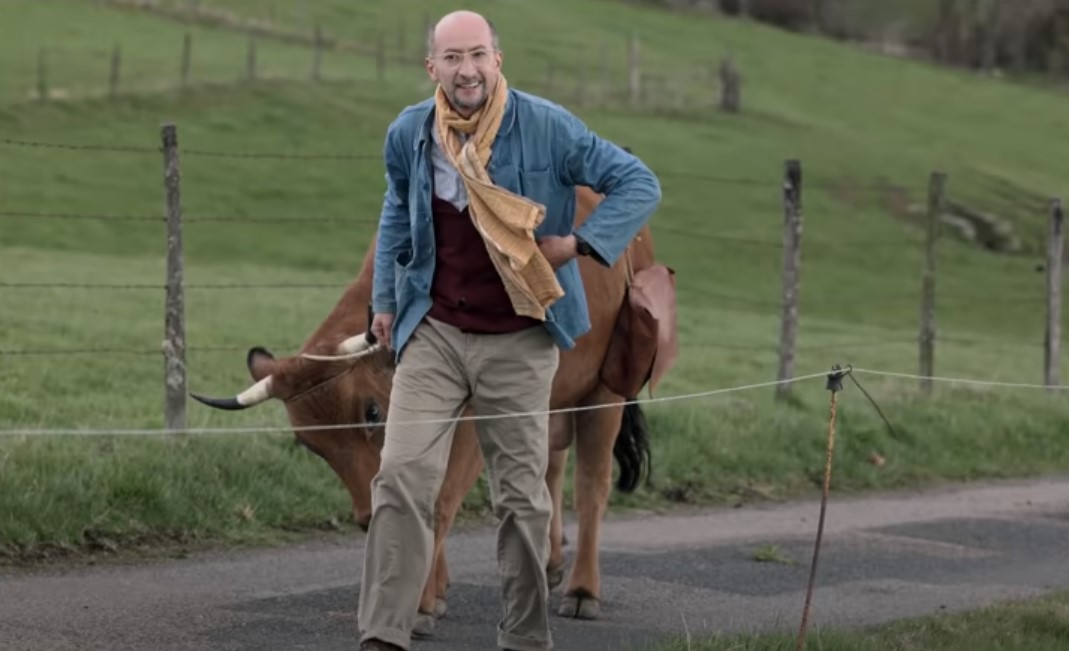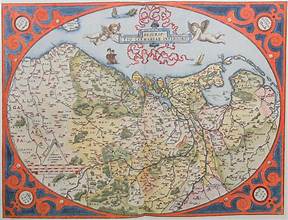In viaggio con Jacqueline: un road movie per parlare di Europa e di inclusione
Un film naif per raccontare un viaggio tra le differenze culturali di un Pianeta piccolo piccolo, dove si fa grande il rapporto tra il contadino Fatah e la vacca Jacqueline.





